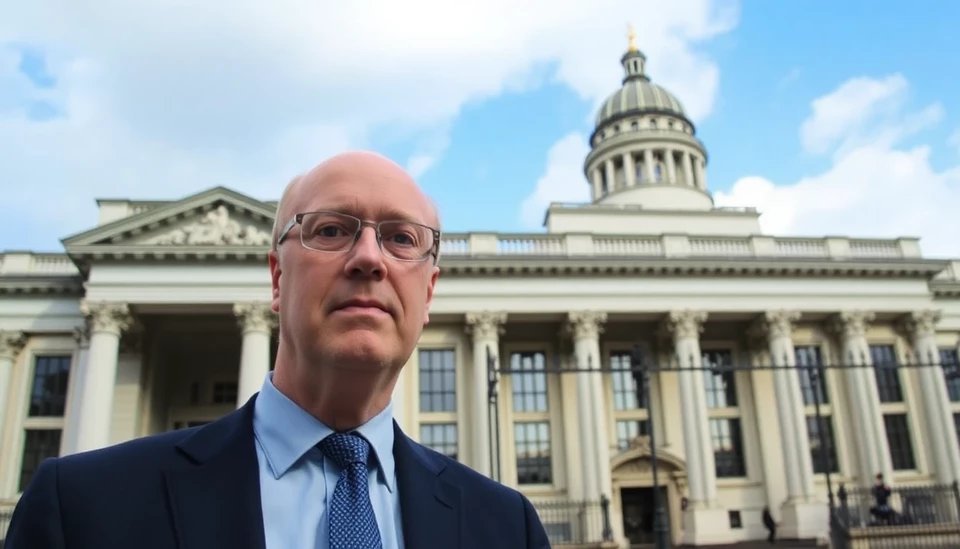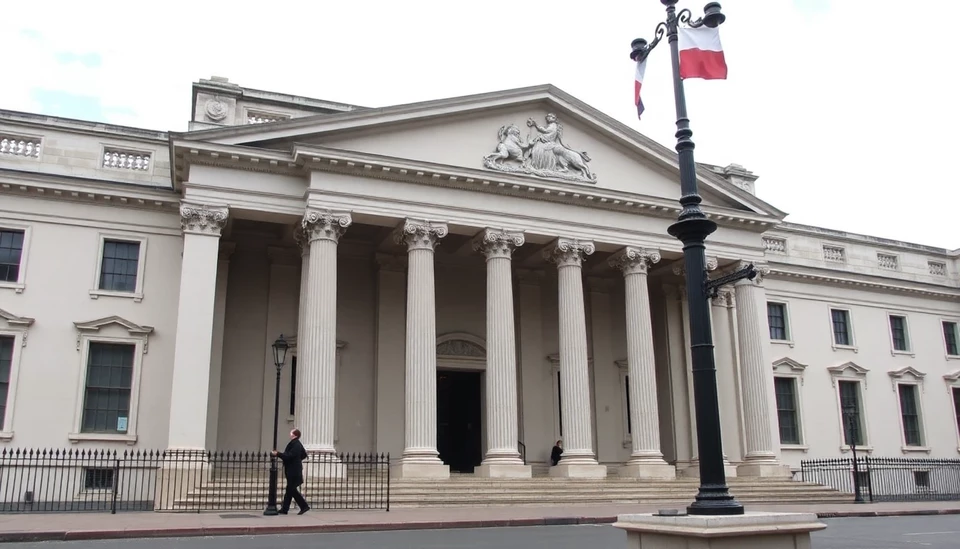
The Bank of England (BoE) is embarking on a strategic initiative aimed at refining its approach to oversight over private equity firms and hedge funds. This move is catalyzed by increasing concerns regarding the potential risks these entities pose to financial stability, especially in light of recent market upheavals and economic uncertainty.
In its latest release, the BoE acknowledged that the complexities inherent in the operations of buyout giants and hedge funds necessitate a more robust regulatory framework. As these institutions continue to grow in size and influence, the BoE is keen on ensuring that its mechanisms for assessing their activities remain adaptive and effective. This evolution in policy aims to provide not only better regulatory oversight but also to maintain equilibrium in the broader financial ecosystem.
One of the main drivers behind this initiative is the 'interconnectedness' of financial markets, which has become increasingly pronounced. The BoE is particularly focused on understanding the relationship dynamics between different market entities, including traditional banks, investment firms, and alternative asset managers. The financial health of hedge funds and buyouts is increasingly regarded as critical to the overall stability of the financial system.
BoE officials highlighted the necessity to “foster an environment of transparency” that will empower regulators to assess risks accurately while facilitating informed decision-making by investors. The Bank is currently exploring various models for deeper analysis, including regular reporting and performance disclosures from private equity firms and hedge funds that would enrich the data available for regulators.
Moreover, the BoE is also evaluating its approach to leverage ratios and liquidity assessments as they pertain to these alternate investment firms. Such metrics are vital in providing clarity on the financial health and operational integrity of investment firms, especially during periods of heightened market volatility.
The push for enhanced scrutiny resonates with a broader global trend as financial authorities worldwide grapple with the challenges posed by non-bank financial institutions. The BoE's efforts reflect a growing consensus that traditional banking regulations may not adequately capture the risks presented by the alternative investment sector.
As discussions continue, stakeholders within the financial community are urged to brace for potential shifts in policy and compliance requirements. The BoE aims to strike a balance that not only safeguards financial stability but also promotes growth and innovation within the financial markets.
In summation, the Bank of England's proactive stance underscores the urgency of reassessing regulatory frameworks to keep pace with the evolving landscape of finance and investment. The evolving dialogue around private equity and hedge funds is set to shape the future of financial oversight in a significant way.
#BankOfEngland #HedgeFunds #PrivateEquity #FinancialStability #RegulatoryReform #InvestmentOversight
Author: Rachel Greene




